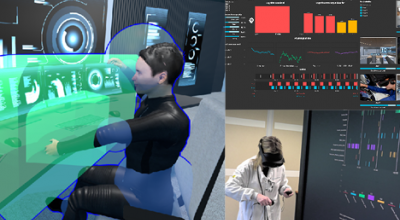11.02.2022
Abstract Designed to improve human-machine interactions, virtual agents, and particularly virtual assistants (VAs), are spreading in our daily lives. Presenting a very wide variety of characteristics, studies generally report their own agent with its own characteristics and objective. So we can wonder if some of these characteristics are a consensus for VAs in general. Within this work, we aim to…
lire la publication




